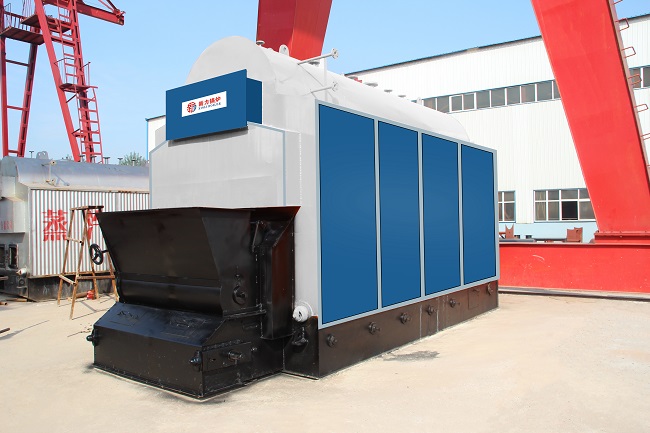Guide: The reasons for the corrosion of biomass water heaters are as follows: 1) The amount of make-up water is not controlled. Article 100 of the Hot Water Boiler Safety Supervision Regulations stipulates: The leakage of the hot water system is generally not more than 1% of the water capacity of the system, but some units mistakenly believe that with a hot water boiler, it is convenient to use hot water.
The reasons for the corrosion of biomass water heaters are as follows:

1) Does not control the amount of make-up water. Article 100 of the Hot Water Boiler Safety Supervision Regulations stipulates: The leakage of the hot water system is generally not more than 1% of the water capacity of the system. However, some units mistakenly believe that it is convenient to use hot water with a hot water boiler. The water is used for bathing, washing clothes, etc. A 2.8MW hot water boiler can supply nearly 100 tons of water every day.
2) The "low-pressure boiler water quality standard" is not carefully implemented. The standard clearly stipulates that when the water supply temperature is ≤95℃, the circulating water should control the PH value to 10-12. This is a very important indicator. Some units do not follow the standard but pay more attention to the hardness of the makeup water. They also installed a fluid bed water treatment to meet the needs of supplementary softened water. They mistakenly supplied the hot water boiler according to the steam boiler water standard, thinking that if the softened water was qualified, it would not scale and corrode.
3) The heating network pipeline installation is unqualified, and the circulating water cannot be sent to the users at the end of the system. In order to avoid freezing, some users increase the number of air discharges, and the drain will be hot, and if it is not drained, it will be cool. As a result, the amount of leakage is increased.
4) The constant pressure of the expansion tank and the boiler are inconsistent.
5) The furnace is shut down without maintenance. After the heating period, the boilers were shut down, temporary workers were dismissed, some boilers were filled with softened water, and some boilers were exposed to the atmosphere, lacking necessary maintenance.




























